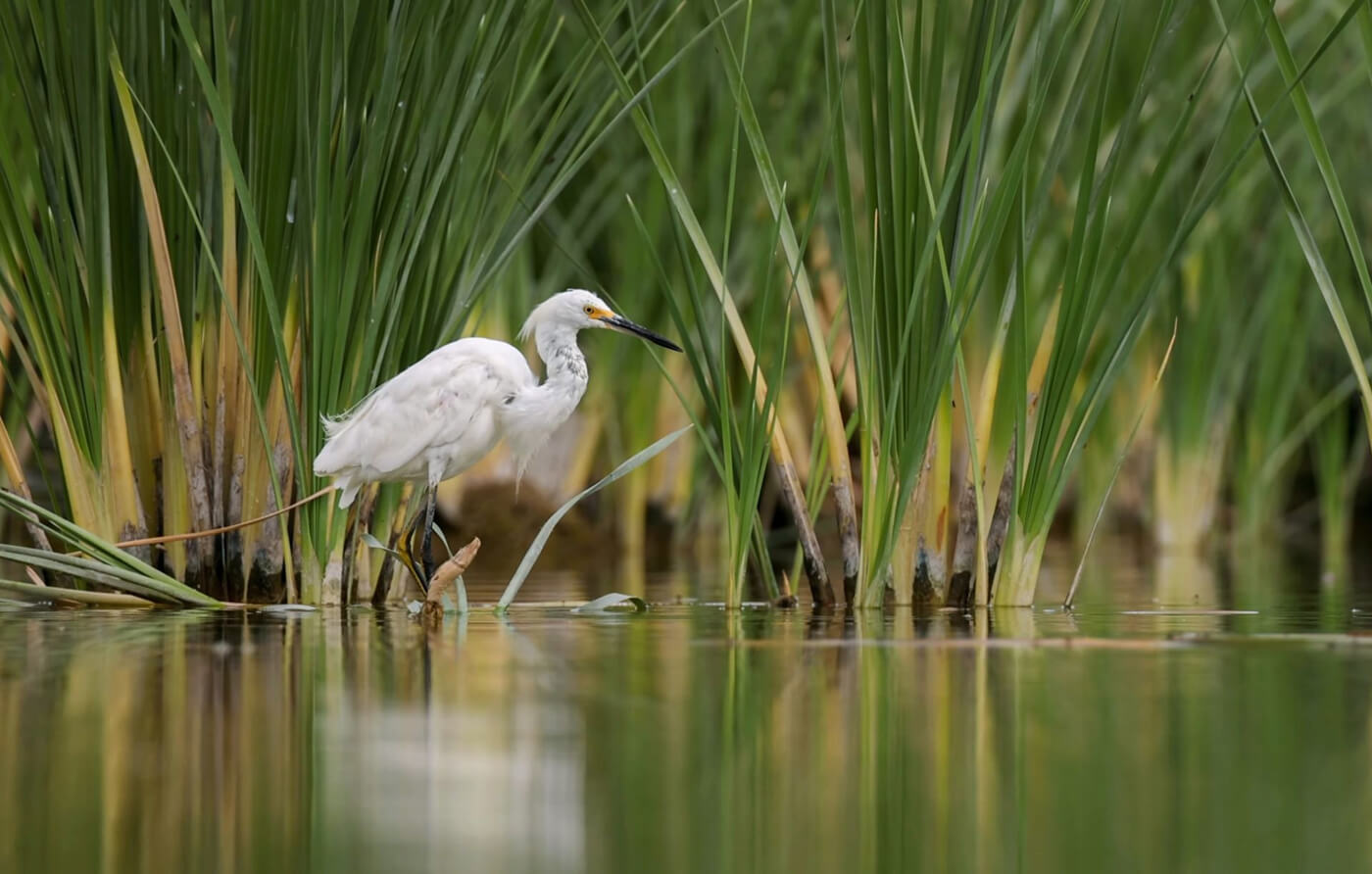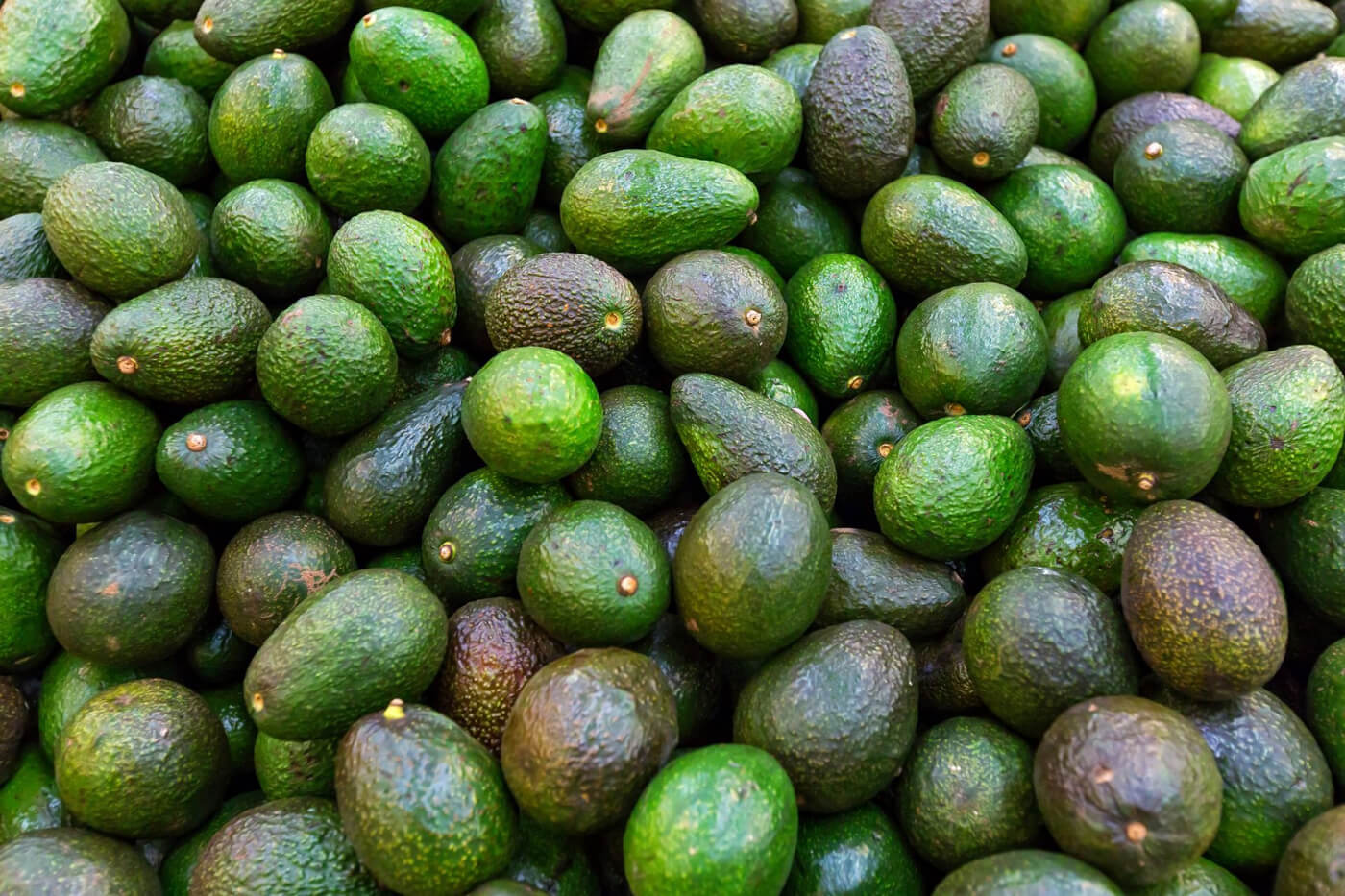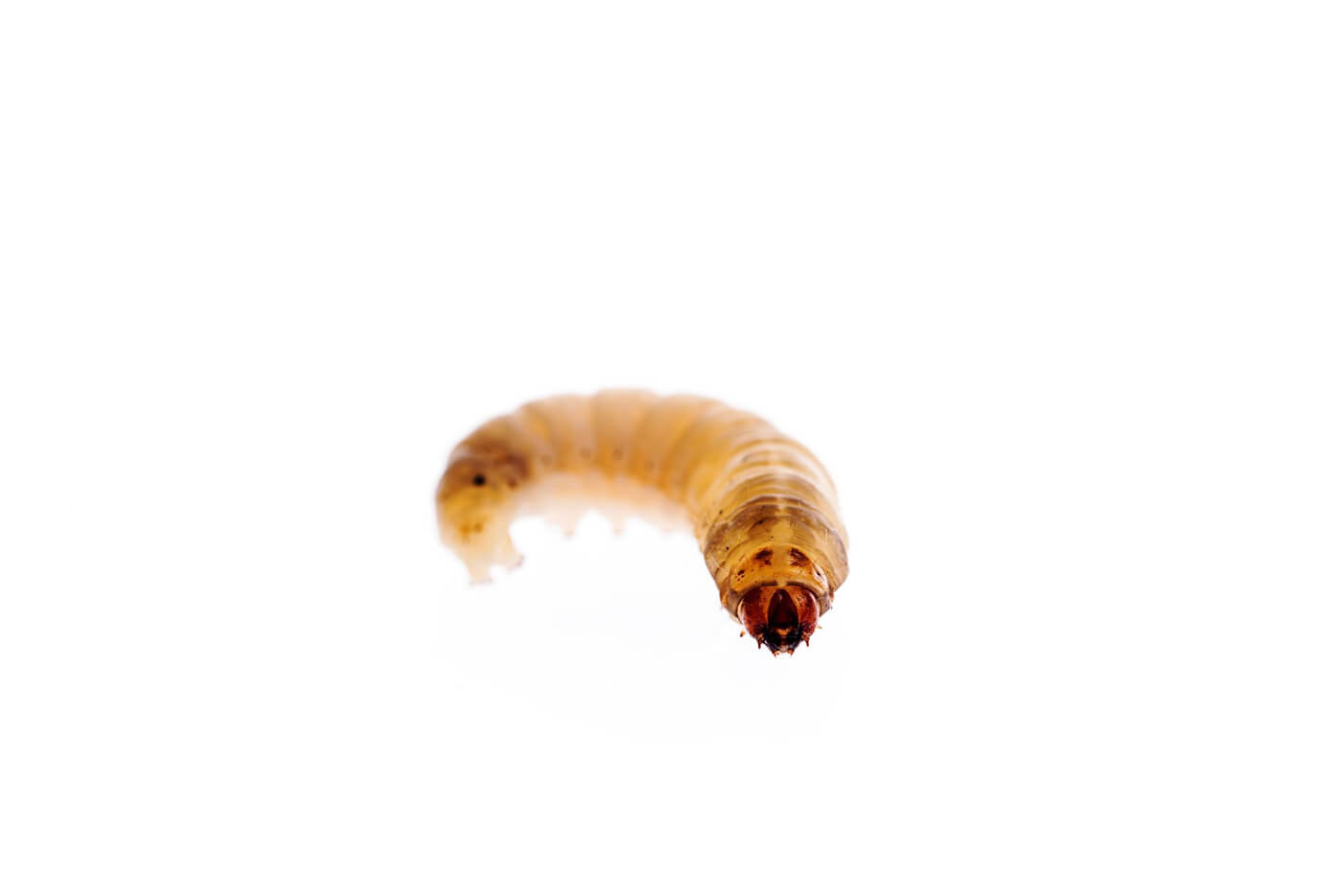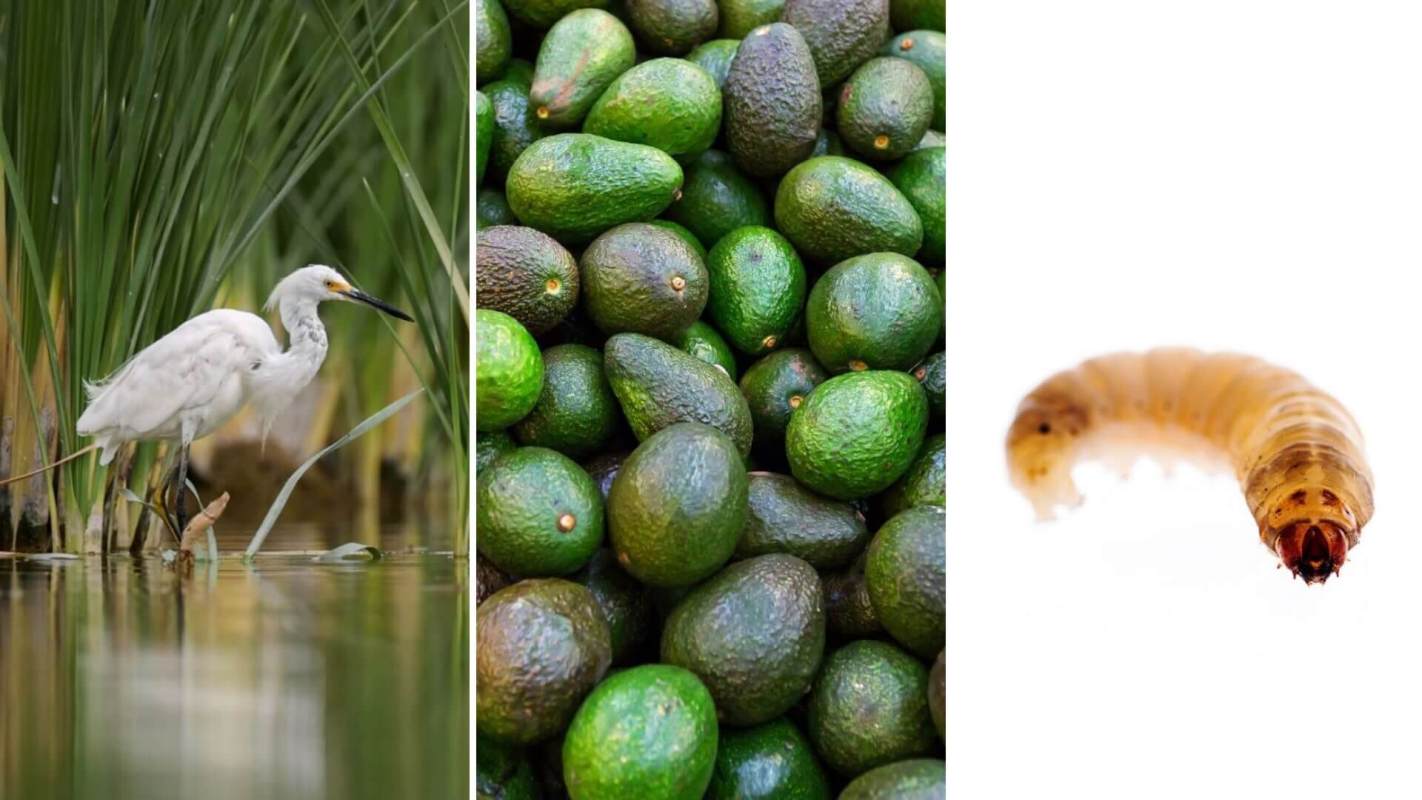Progress in protecting our planet is being made everywhere, from the marshlands of Louisiana, to the streets of Philadelphia, and even in the bellies of wax worms.
Companies, governments, and people here on Earth are constantly working toward — and succeeding in — creating a cooler future for us all.
Here are three huge wins to celebrate:
List RoundUp
Louisiana is protecting against storms by restoring wetlands

Louisiana is restoring huge swaths of wetlands to protect its natural beauty, its residents, and its infrastructure from storm surge, as reported by Nola.com. Because wetlands act as sponges during intense rain, the addition of 11 square miles of natural space — equivalent to over 5,300 football fields — could make a huge difference during storms. The series of projects, slated to be completed by early 2023, will cost over half a billion dollars and includes the Pelican State's largest ever effort to restore marshlands.
Philadelphians just got a massive amount of free avocados

An immense surplus of avocados led one food rescue nonprofit to give at least 1 million away for free. From Oct. 19 - 21, the nonprofit Sharing Excess hosted "Avogeddon," promising "FREE avocados to EVERYONE in Philadelphia." The event, which was open to the public, was the organization's largest food giveaway ever. Besides feeding Pennsylvanians' insatiable hunger for guacamole, Sharing Excess's event stopped an immense amount of food from being wasted.
Wax worm saliva was found to be able to break down plastic

One amateur beekeeper's discovery could change the way we fight plastic pollution. While tending to her hives, Dr. Federica Bertocchini found that wax worms were eating through nearby plastic bags, as reported by The Guardian. Further research found that these insects' saliva contains two enzymes that can break down one of the most commonly used plastics, polyethylene. Luckily, the chemicals can break down plastics both quickly and at room temperature, meaning that this could soon lead to a cost-effective method for dealing with plastic waste.
Follow The Cool Down on Instagram and subscribe to our newsletter.








